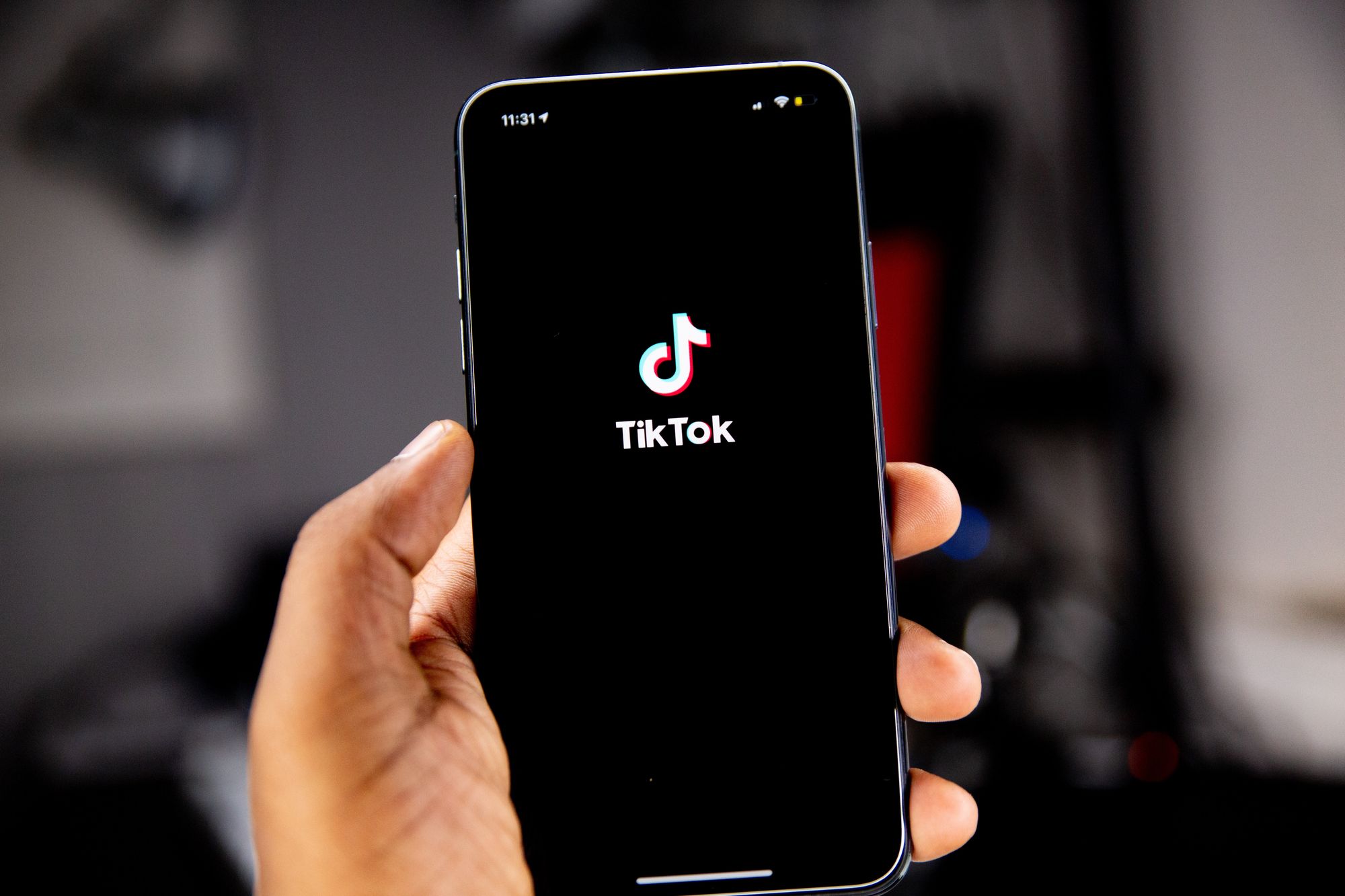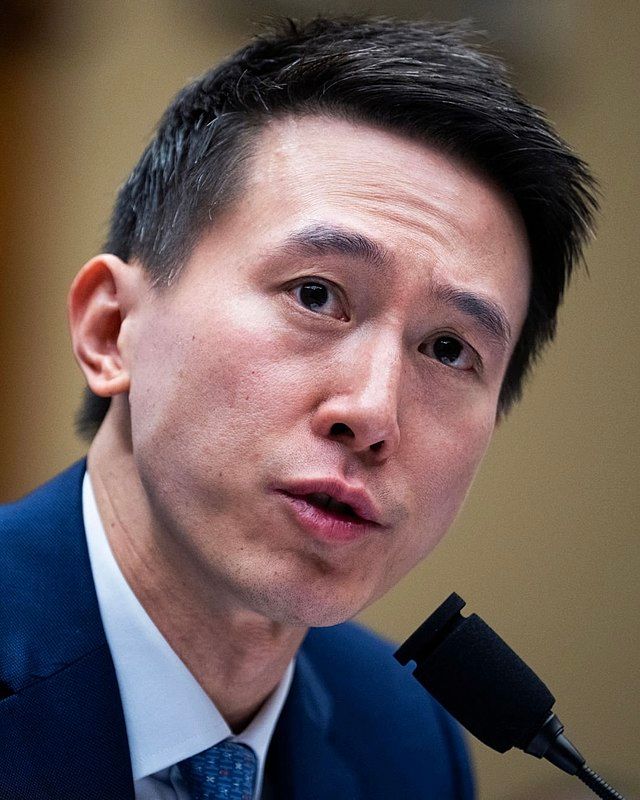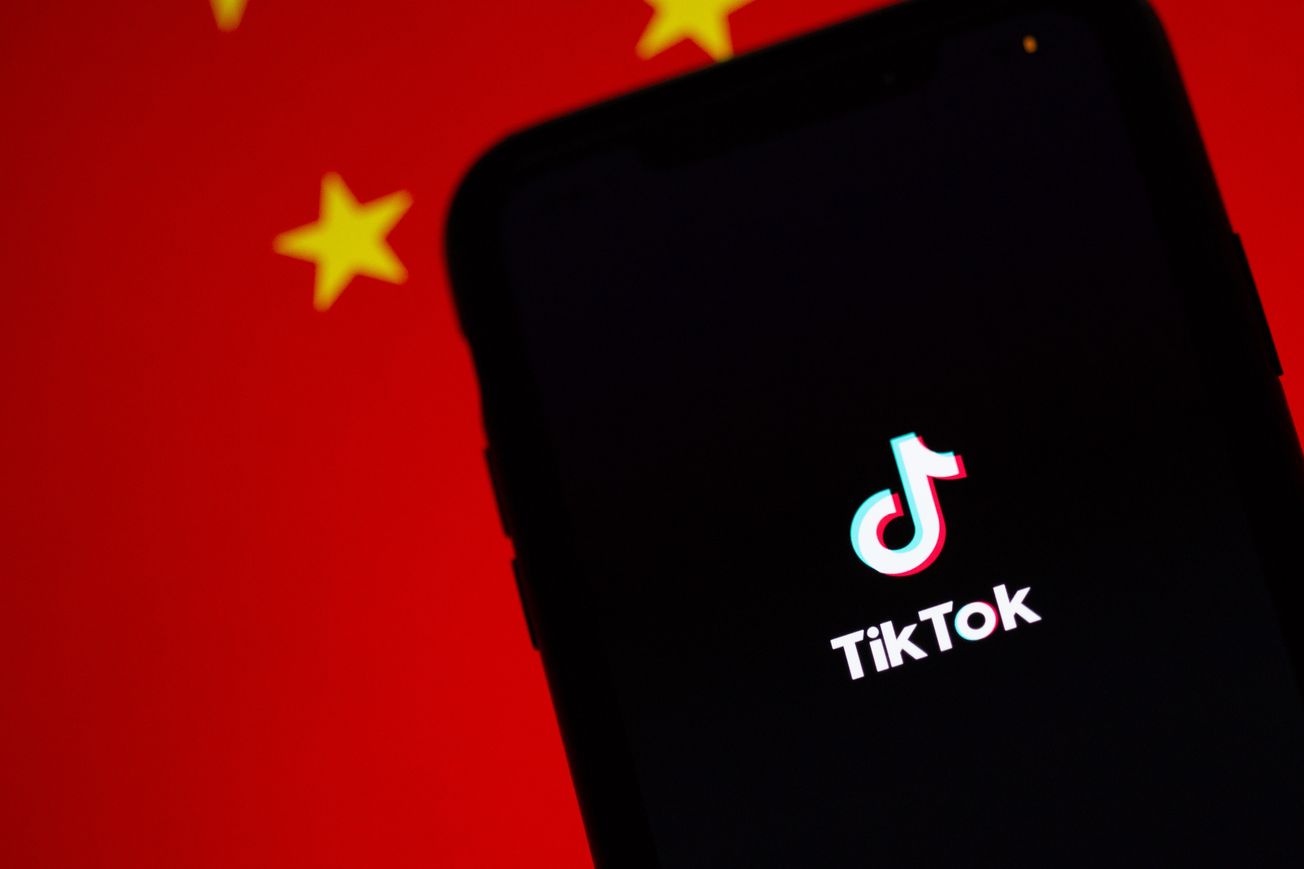By Conor MacDonald, Second year, Philosophy and Economics
The US, UK and EU have all banned TikTok from being installed on government phones, with the main concern being the security risk it represents. But does the popular social media app truly present a security risk or are policymakers being overly cautious?
During the last few years the social media app TikTok has not been unfamiliar with stoking controversy among governments and the media. After being banned in India in 2020, the app’s parent company ByteDance was close to being forced by the US government to sell the company or face a ban there too. A US judge ruled that this ban would be unlawful. In an attempt to dampen down political pressures, ByteDance partnered with Oracle to shift its US customers’ data to America under ‘Project Texas’, a project they are still undertaking.
Whilst the general public may have access to TikTok for the time being, government ministers and civil servants in the US, UK and EU have been banned from installing the app on their devices. In his announcement of the ban, Oliver Dowden, a cabinet minister in the UK government, stated that the ban is a ‘prudent and proportionate step following advice from our cyber security experts’. Whilst Mr. Dowden doesn’t cite any particular concern, the press release associated with the announcement suggests that it’s due to the data that the app has access to such as ‘contacts, user content, and geolocation data’.

One of the concerns around TikTok is that its parent company ByteDance is a Chinese-based firm. This means that its subject to China’s laws, most controversially its National Intelligence Law that passed in 2017. This obliges Chinese firms such as ByteDance to provide Chinese security services with anything they deem necessary to protect the interests of national security. Lawmakers in the West worry that this means their citizens’ data can be used against them.
TikTok insists that due to its nature as a US-based firm it is not required to obey this law. Whether this is actually the case or not is the main foundation of legislators’ worries. There is no evidence to support the idea that TikTok has provided US customer data to the Chinese government.
In a bid to inform any future laws regarding TikTok and social media in general, the CEO of the company gave evidence to the US Congress’ House Energy and Commerce Committee on March 23, 2023. The CEO, Shou Zi Chew, admitted that TikTok gives its engineers based in China access to US customers’ data. It’s unclear whether this is a cause for concern, but that didn’t stop US lawmakers from using it as ammunition against Mr. Chew and his company.

These security concerns herald back to Facebook’s Cambridge Analytica scandal, which saw millions of users have their data collected without their consent and used for political advertising. Mr. Chew pointed to this scandal during the hearing, but his comments were ignored by the committee. The committee has been accused of applying double standards between TikTok and American social media apps such as Facebook. Some have even called it xenophobic.
The committee also questioned Mr. Chew on the mental health effects of the app. They pointed out that TikTok has been associated with increased eating disorders in teens, with some suggesting it’s worse than its competitor Instagram.
For now, it remains to be seen whether TikTok is a security threat. TikTok faces an uphill battle if it wants to stave off increased regulation and a potential ban. The data that it and other social media companies collect are practically the same, yet it faces a disproportionate amount of scrutiny from lawmakers. Whilst evidence of its threat is scant, the app will likely face increasing sanctions from governments.
Featured image: Solen Feyisssa/Unsplash
Do you think we should be more cautious about TikTok?









